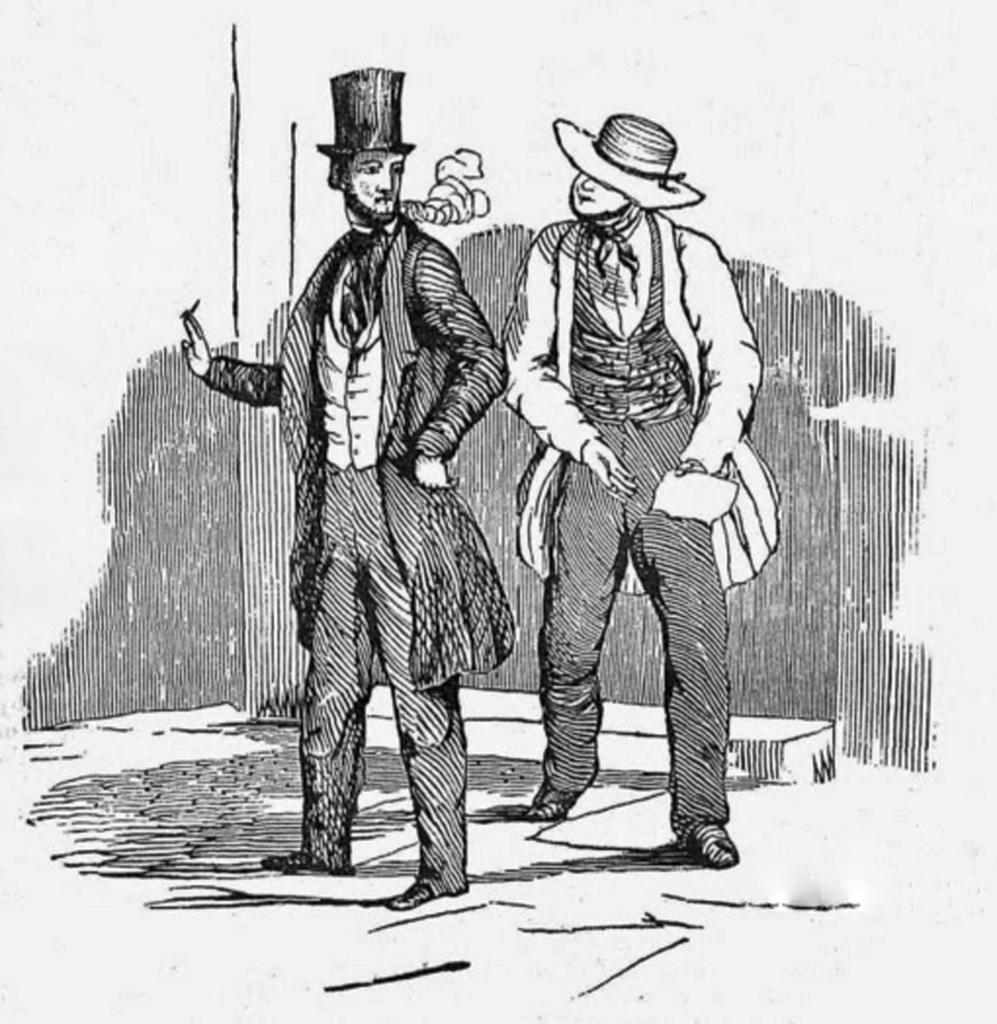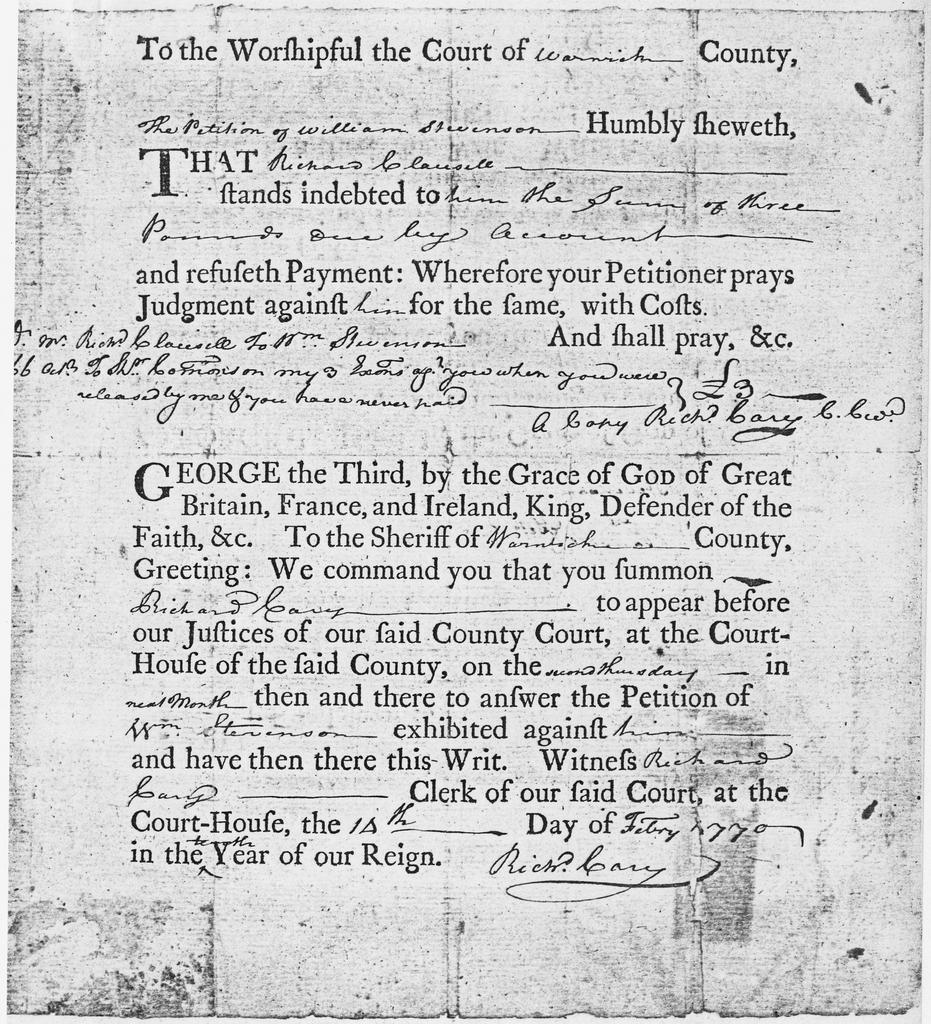AMZALAG v. ZBT HOLDINGS INC., 2023 NY Slip Op 30593 - NY: Supreme Court 2023:
"In Motion Seq. #13, filed March 15, 2022, plaintiff moves for summary judgment, and requests and order "striking the Defendants' defenses, awarding Summary Judgment to the Plaintiff, and dismissing the Defendants' counterclaims, thereby directing the Kings County Register to cancel the 8/5/2005 deed, as to Block 01755 Lot 0051, recorded on 1/27/2006, in CRFN XXXXXXXXXXXXX, with Judgment as against the Defendants, except Bank of America, but canceling its mortgage as to the same premises, dated March 14, 2006, recorded March 21, 2006, CRFN XXXXXXXXXXXXX, as assigned by MERS, on 2/12/10" and also asks for a money judgment on plaintiff's claim for an accounting.
Plaintiff supports his motion with numerous documents. One is a certified report from the federal government of his passport record information, which indicates that he was not in the United States when the deed was allegedly executed. The notary indicated on the deed from plaintiff to ZBT Holdings Inc. was deposed [Doc 398] and testified that the signature on the deed is not his. He testified that he does not know the plaintiff, but he did know defendant Farhad Homayoonfar, who was a mortgage broker, and that he had notarized many documents involving mortgages provided by First United Mortgage Banking, the company Mr. Homayoonfar worked for. The documents connected with the 2005 deed indicate that the transfer was made without payment of any consideration. Plaintiff has provided at least one affidavit of the facts as he understands them, at Document 95.
Defendant Bank of America responded to this motion [Doc 451] on May 12, 2022, and states in counsel's affirmation that "To the extent that Plaintiff seeks to have the mortgage on the premises discharged, BANA [Bank of America N.A.] does not contest that relief. Said mortgage was dated March 14, 2006, and recorded March 21, 2006, in CRFN XXXXXXXXXXXXX, in the Office of City Register for the County of Kings and was as assigned by Mortgage Electronic Registration Systems on February 12, 2010." Bank of America concludes that they do not oppose the plaintiff's motion, but ask that the court not construe the motion to "seek a money judgment from Bank of America."
The court finds that plaintiff has brought this action against all necessary parties, that plaintiff makes a prima facie case for the relief requested, and thus plaintiff is entitled to a declaratory judgment that the deed dated 8/5/2005 is void and should be cancelled of record. This deed conveyed the property at issue to ZBT Holdings, Inc., which, according to the NYS Department of State Division of Corporations' website, was formed in February of 2005, and decedent is listed as the CEO. Then, according to the copies of the deeds provided by plaintiff, Farhad Homayoonfar as principal of ZBT Holdings Inc. executed a deed to himself alone in 2006, and subsequently, his wife, as executor, executed a deed from his estate to herself alone in 2017, and then, a few weeks later, executed a deed to defendant 131 Vernon LLC for no consideration. All of these people and entities have been named and served and have answered the complaint. The mailing address for 131 Vernon LLC on the NYS Department of State Division of Corporations' website is Ms. Homayoonfar's home address in Great Neck, NY. This is the address she listed on the 2017 deeds she executed. This is also the address she indicated on her October 2022 multiple dwelling registration for the property with NYC HPD, according to their public website, which indicates that she is the managing agent for the premises, a four-family multiple dwelling.
The court notes that a forged deed is void ab initio, and, as such, any mortgage or encumbrance on real property based on a forged deed is also void. (see Faison v Lewis, 25 NY3d 220 [2015]).
The effect of the orders precluding the defendants from "offering evidence, testifying at trial or submitting an affidavit in response to any dispositive motion" requires the court to disregard the affidavit [Doc 472] provided by Ms. Homayoonfar in opposition to the motion and in support of the defendants' cross-motion (Motion Sequence #16) to amend their answer.
In conclusion, plaintiff has established, with uncontroverted evidence in admissible form, that the deed dated August 5, 2005 and recorded on January 27, 2006, was forged. Therefore, he is entitled to summary judgment and a declaratory judgment on his first cause of action, that that deed, as well as the subsequent deeds, are void and should be cancelled of record. The defendants have failed to overcome the motion and raise any triable issues of fact with regard to the plaintiff's first cause of action to quiet title.
In addition, plaintiff has established that he is entitled to summary judgment and a declaratory judgment on his third cause of action, that that mortgage executed by defendant Farhad Homayoonfar when he did not have valid title to the premises should be declared to be void and should be cancelled of record. Bank of America, the holder of the mortgage, does not oppose this branch of the motion. The defendants' counterclaim for equitable subrogation is hereby dismissed. They do not have standing to assert such a claim.
With regard to the plaintiff's second cause of action, for an accounting, the court finds that the money judgment for the sum requested by plaintiff cannot be granted. An inquest must be held to determine the amount due to plaintiff. There are the issues of the rents and profits, expenses, mortgage payments, and the like, which must be ascertained. However, there are other facts to be determined. In Document 95, plaintiff's affidavit alleges that he did not apply to the NYC Department of Buildings in 2007 for a Building Permit. Thus, he presumably did not oversee the renovation work or pay for it. To be clear, defendants have asserted a counterclaim for unjust enrichment. The preclusion order does not apply to their counterclaim. They are entitled to testify and submit evidence in support of the counterclaim. While the court could sever the counterclaim, so plaintiff could have an inquest, and defendants could have a trial, this would not serve the interests of judicial economy. Therefore, the court finds that both of these proceedings should take place before a justice, pursuant to the note of issue requesting a bench trial filed by plaintiff in 2022. The court will need to ascertain the net amount plaintiff is entitled to, after deducting any sums defendants establish they are entitled to be reimbursed for."
















